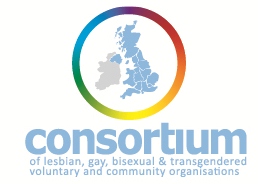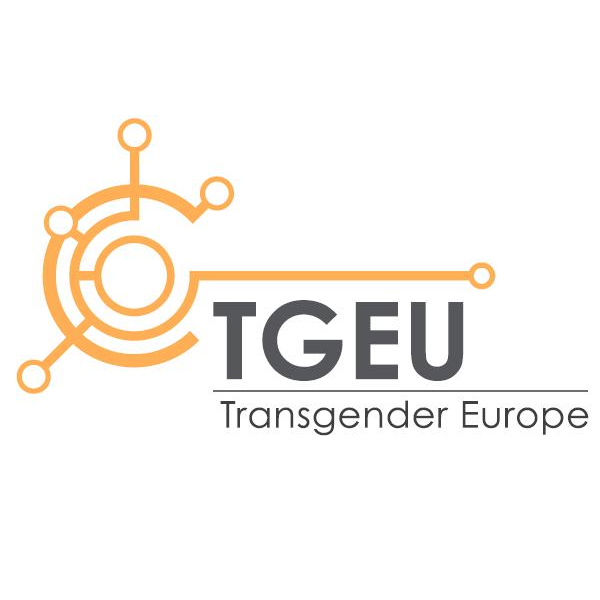Secondary legislation allows the Government to make changes to the law using powers given to them by Acts of Parliament. Statutory instruments form the majority of delegated legislation.
- Details
- Document originally published by Registrar General
The Gender Recognition Register (Marriage and Civil Partnership) Regulations 2015 have now been published and will come into force on the 6th February 2015. These regulations concern the issuing of new marriage and civil partnership certificates after a GRC is obtained for those who entered into the marriage or civil partnership in England or Wales. It also affects those who entered into a marriage or civil partnership under English and Welsh law, but did so outside the UK such as at a British Consulate. UK Trans Info is one of the organisations that was consulted during the creation of this statutory instrument, and are pleased that some of our recommendations were used. The new regulations are not perfect, but this was a complex topic that did not have a perfect solution.
Read more: The Gender Recognition Register (Marriage and Civil Partnership) Regulations 2015
- Details
- Document originally published by Secretary of State
These Orders prescribe the countries and territories that are approved by the Secretary of State for the purposes of the Gender Recognition Act 2004 for use in the overseas track. The original list made in 2005 was replaced as from 4th July 2011 with a new list that added nine countries and territories but also removed two countries.
Read more: The Gender Recognition (Approved Countries and Territories) Order 2011
- Details
- Document originally published by Secretary of State
This order sets the fees for applications to the Gender Recognition Panel. It prescribed two fees depending on the income of the applicant. It also prescribed that no fee was payable in circumstances where the applicant’s relevant income was lower than a set threshold or the applicant was in receipt of a qualifying benefit. This order has been replaced or amended several times to adjust the fee and income thresholds.
Read more: The Gender Recognition (Application Fees) Order 2005
- Details
- Document originally published by Department of Finance and Personnel
These Regulations create and control the Gender Recognition Register in Northern Ireland. This register is used to produce new birth certificates for those who have a full Gender Recognition Certificate.
Read more: Gender Recognition Register (Northern Ireland) Regulations 2005
- Details
- Document originally published by Secretary of State
This order creates additional exceptions to section 22 of the Gender Recognition Act 2004 to allow disclosure of protected information for specific purposes. These concern certain disclosures for the purpose of obtaining legal advice (article 3), disclosure for religious purposes (article 4) or medical purposes (article 5), disclosure by or on behalf of a credit reference agency (article 6) and disclosure for purposes in relation to insolvency or bankruptcy (article 7). This order replaces and revokes the No 1 order which was made only three weeks before this order was made. The only difference between No 1 and No 2 is a slight wording change in article 4.
- Details
- Document originally published by Registrar General
These Regulations create and control the Gender Recognition Register in England and Wales. This register is used to produce new birth certificates for those who have a full Gender Recognition Certificate.
- Details
- Document originally published by Registrar General
These Regulations create and control the Gender Recognition Register in Scotland. This register is used to produce new birth certificates for those who have a full Gender Recognition Certificate.
- Details
- Document originally published by Scottish Ministers
This order creates additional exceptions to section 22 of the Gender Recognition Act 2004 to allow disclosure of protected information for specific purposes. These concern certain disclosures for the purpose of obtaining legal advice (article 3), disclosure for religious purposes (article 4) or medical purposes (article 5), disclosure by or on behalf of a credit reference agency (article 6) and disclosure for purposes in relation to insolvency or bankruptcy (article 7).
Read more: The Gender Recognition (Disclosure of Information) (Scotland) Order 2005
- Details
- Document originally published by Department of Economic Development
These Regulations which are made under section 2(2) of the European Communities Act 1972, extend the Sex Discrimination (Northern Ireland) Order 1976 (“the Order”) to cover discrimination on grounds of gender reassignment in employment and vocational training, following the judgment of the European Court of Justice in Case No. C-13/94 P v S and Cornwall County Council. They come into operation on 1st August 1999.
Read more: Sex Discrimination (Gender Reassignment) Regulations (Northern Ireland) 1999
UK Trans Info is run by volunteers and relies on donations from supporters in order to function. If you feel able to donate then please use the button below to make your donation. You will be able to choose how much you would like to donate (any amount is greatly appreciated) and if you would like it to be a one-off or a monthly donation.









